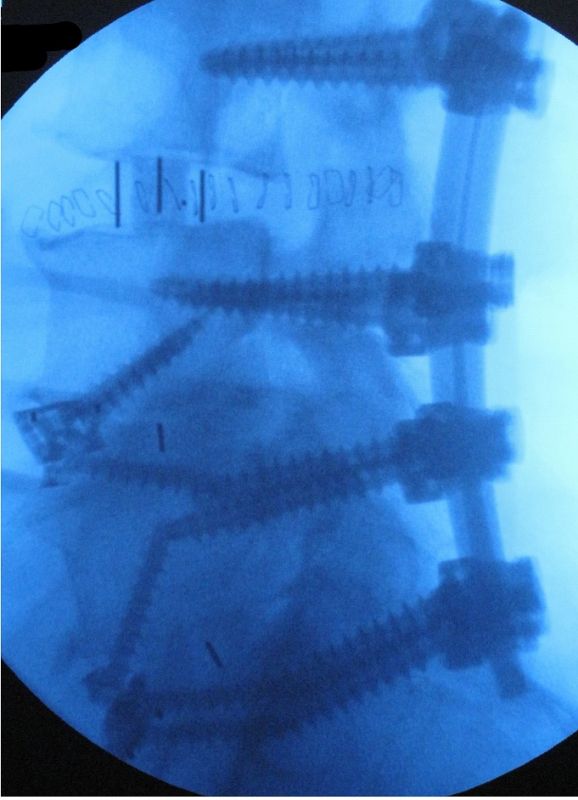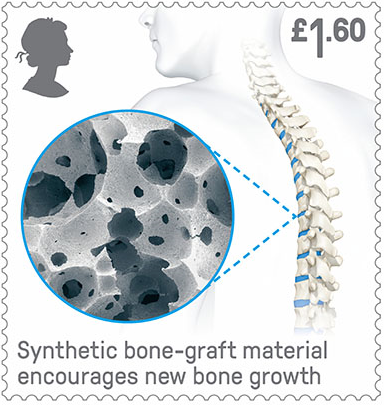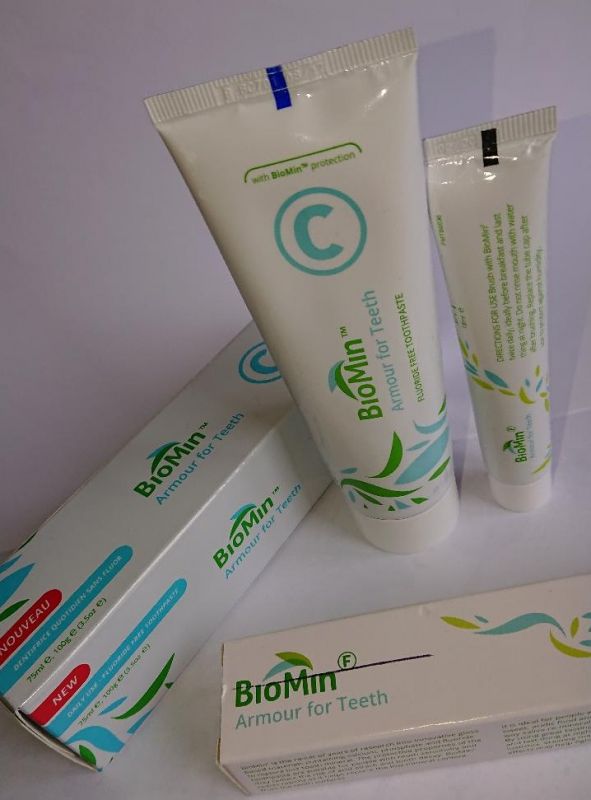Prof Karin Hing
PhD, BSc, CEng, MIMMM, FHEA, FRSA, FWES
Research Impact
Bone Graft Substitute Materials
 Image of bone graft substitute material, Inductigraft™, used in spinal surgery.
Image of bone graft substitute material, Inductigraft™, used in spinal surgery.Dr Karin Hing has led the development of bone graft substitute materials at QMUL following pioneering work within the IRC in Biomedical Materials (1992-1999) under the directorship of Prof Bill Bonfield that resulted in Prof Bonfields founding of the QM spinout company, ApaTech in 2000 along with co-founding scientists Prof Serena Best, Prof Iain Gibson and Dr Karin Hing.
Research undertaken at Queen Mary has resulted in the development of a raft of bioactive synthetic bone graft substitute materials, including Actifuse (2005) and Inductigraft (2013)/AltaPore (2017) with clinically proven capacity to support the regeneration of new bone.
This world-leading research resulted in the spin-out company, ApaTech being acquired in 2010 by Baxter in recognition of its position as a global leader in the provision of superior bone graft substitute technologies.
These novel materials represent a significant fraction of the global market due to their ability to facilitate faster recovery for the patient while negating the need for these patients to undergo a second operative procedure to extract donor bone graft, risking the associated additional complications of infection and post-operative pain.

These bioactive bone graft substitute materials have now been used to treat 100’s of thousands of patients in over 30 countries.
Dr Hing has been heavily involved in the research and the development of ApaTech. In recognition of her research she has been awarded the prestigious Kroll Medal and Prize from the Institute of Materials, Minerals and Mining (IOM3) and the Royal Academy of Engineering Silver Medal (she's also appeared on the BBC TV - Bang Goes the Theory!).
In 2019 the outstanding engineering achievements that underpinned the founding of ApaTech and development of Actifuse, Inductigraft and AltaPore were celebrated as one of the six Royal Mail stamps issued commemorating British Engineering.
Toothpastes to Remineralize Teeth and Fight Caries
 Examples of BioMin™ toothpaste developed by scientists and bioengineers at Queen Mary.
Examples of BioMin™ toothpaste developed by scientists and bioengineers at Queen Mary.An interdisciplinary team of scientists from The Institute of Dentistry and the School of Engineering and Materials at Queen Mary, have developed novel re-mineralising toothpastes to treat dentine hypersensitivity and protect teeth from tooth decay.
Led by internationally renowned glass scientist, Prof Robert Hill, materials scientists and bioengineers have optimised and patented a series of glass formulations that can be incorporated as micron-scale particles into toothpastes where they dissolve in saliva to release calcium, phosphate and fluorine ions in the correct proportions for up to 12 hours to form hydroxycarbonate-apatite or more acid resistant fluorapatite to repair eroded enamel and block any open dentine tubules that may be responsible for sensitivity to exposure hot and cold drinks and food.
This underpinning research has led to the spin-out of Biomin Technologies Ltd., and the successful commercialisation of BioMin™ fluorine free and fluorine containing toothpastes which are on sale in the UK, Germany, Australia, China and India.

